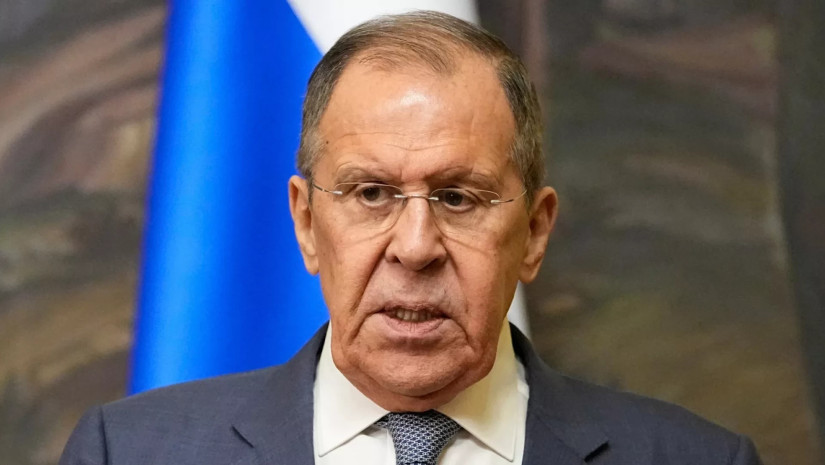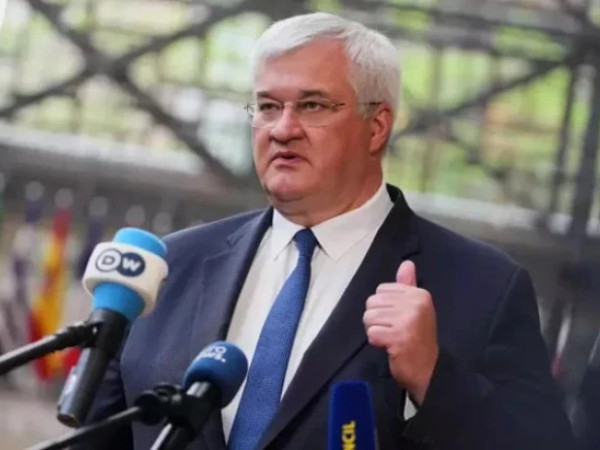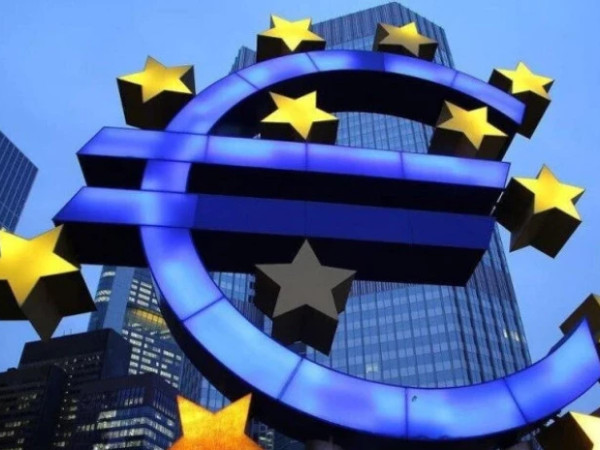Talk of an agreement over Abkhazia and South Ossetia comes as the ruling Georgian Dream party pushes friendly ties with the Kremlin.
Russia is open to a compromise that could see its troops leave Georgia’s Moscow-backed breakaway regions, the country’s top diplomat has claimed.
Speaking Sunday at a press conference at the U.N. General Assembly in New York, Foreign Minister Sergey Lavrov insisted that an agreement to resolve the decades-long standoff in the South Caucasus country was possible.
Georgia’s increasingly authoritarian government has sought closer ties with Moscow in recent years, while relations with the West have soured as a result of crackdowns on the democratic opposition and civil society. That’s despite Moscow’s launching a bloody invasion in 2008 that left around a fifth of Georgia’s territory under the control of Russian forces and their proxies in Abkhazia and South Ossetia.
“They have said that they want historical reconciliation,” Lavrov said of the ruling Georgian Dream party. “What form this reconciliation takes is up to the states of Abkhazia and South Ossetia to decide … If there is interest from all sides in normalizing these relations … we are ready to help.”
Responding to the comments later on Sunday, Kakha Kaladze, the former Inter Milan footballer who now serves as Georgian Dream’s mayor in Tbilisi, welcomed any such move by Moscow.
“After these statements it would be good to move on to practical steps,” he said, adding that reunification could come “only through peace, development, mutual forgiveness.” Russia, he said, could develop an “action plan” to withdraw its armed forces from Georgia’s internationally-recognized territory.
On Thursday, Georgian Prime Minister Irakli Kobakhidze reiterated that “20 percent of our territory is illegally occupied” by the separatists, but insisted it was possible to “restore all the destroyed bridges” between Georgia and the two de facto autonomous regions, which receive military, political and economic support from Russia.
Kobakhidze’s Georgian Dream party has said it will apologize to the afflicted regions for the 2008 war if it wins nationwide elections next month.
Earlier this month, Moscow suspended a major tranche of funding for Abkhazia after local leaders refused to implement several pro-Russian policies. The split throws the future of the unrecognized statelet into uncertainty, given it is financially dependent on Russia to pay salaries and pensions. Abkhaz Foreign Minister Sergey Shamba also said Moscow would switch to charging the region commercial rates for energy, which has historically been heavily discounted.
Georgian Dream has pursued reconciliation with Russia despite its war in Ukraine, strengthening trade ties and refusing to impose sanctions on Moscow. The government faced widespread street protests over its implementation of a Russian-style law that will brand Western-backed NGOs and media outlets as ‘foreign agents,’ as well as effectively outlawing all public references to LGBTQ+ rights and vowing to ban the opposition.
The EU has frozen Georgia’s candidacy to join the bloc, and the United States has imposed targeted sanctions on politicians and officials responsible for the backsliding on human rights. Georgians will head to the polls next month for a critical parliamentary election that both sides say will determine the country’s future.
Politico


















